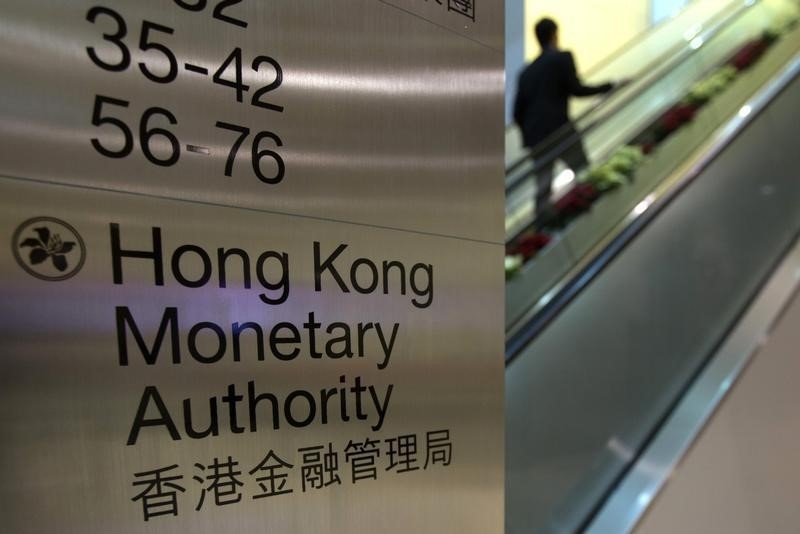(Bloomberg) -- China isn’t done with easing yet, which means shorter-maturity bonds are set to extend last year’s rally, according to Edmund Ng, a former head of investments at the Hong Kong Monetary Authority.
The People’s Bank of China may shift the interest-rate corridor down by 10 basis points in the second quarter if economic data continue to show softness, said Ng, who left the HKMA in 2015 and established investment firm Eastfort Asset Management Pte Ltd.
“2019 should still be a mild bull market for China bonds, at least for the first half of the year given a dovish Fed, slowing onshore growth and more aggressive PBOC stance,” said Ng, who favors the nation’s five-year notes. A tweak in in the interest-rate corridor would be a milder signal from the central bank, though it would still “achieve a reduction of financing costs,” he said.
Yields on China’s benchmark five- and 10-year notes have tumbled by almost 100 basis points over the past year as the U.S.-China trade war dent exports and factory output, spurring investors to seek havens. The nation’s sovereign bonds posted the best returns last year among 34 markets tracked by Bloomberg.
Ng joins other investors including Fidelity International in betting there will be further gains. JPMorgan (NYSE:JPM) Asset Management said in December that yields on sovereign notes due in five and 10 years may decline by as much as 30 basis points by the end of the first quarter.
Yields on five-year notes dropped to about 2.90 percent at the end of January from around 3.90 percent a year earlier, while 10-year yields slipped to about 3.10 percent from almost 4 percent.
Read: How Low Can China Bond Yield Go? 10-Year Rate Flirts With 3%
Chinese bonds with maturities below five years “should be a better risk-reward trade” compared with longer-dated paper amid an upcoming influx of supply, Ng said.
Ng said he expects the yuan to strengthen in the next few months thanks partly to the inclusion of Chinese bonds into global benchmarks. Bloomberg LP, the parent company of Bloomberg News, said last month it would add yuan-denominated government and policy bank bonds to the Bloomberg Barclays (LON:BARC) Global Aggregate Index from April.
The Federal Reserve signaling it will likely pause rather than hike rates in the near term “only means the PBOC can be more aggressive in providing liquidity or reducing financing costs of the real economy,” Ng said.
